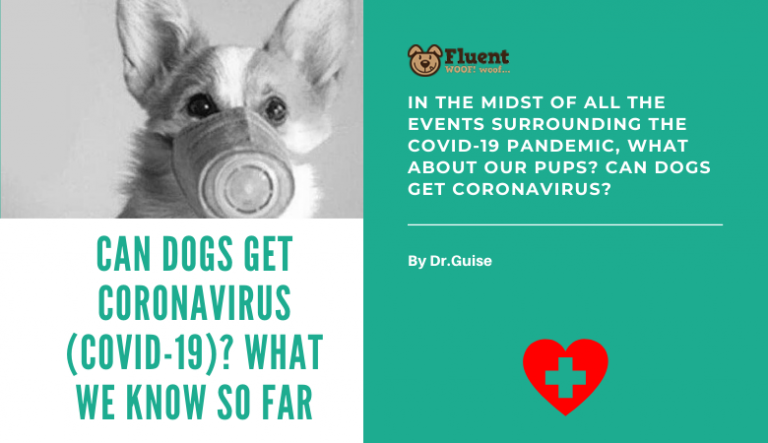PULLMAN, Wash.— 3/16/2020 – Washington State University’s College of Veterinary Medicine has modified some of its operations in accordance with federal, state, and regional public health recommendations.
Effective immediately, the Veterinary Teaching Hospital (VTH) has suspended all elective appointments. The hospital remains open and will take urgent and emergency cases only for all species for a minimum of two weeks.
Those with appointments or inpatients have been notified. All inpatients will be cared for as usual until their normal discharge is indicated. All clinicians, staff, and senior veterinary students on clinical rotations reported for duty as usual today.
The hospital’s fee schedule will remain the same as it is during times of regular weekday, weekend, and holiday operations.
The VTH board and hospital leadership will reassess the situation daily for all eventualities. The WSU move follows after many veterinary teaching hospitals across the U.S. have adopted this approach in the past few days.
The modified operations are also occurring due to anticipated shortfalls in the VTH’s workforce. Parents and guardians are expected to have to care for children in the wake of school, after-school, and daycare limitations and closures.
Personnel and leadership at the VTH took precautions early on and the hospital is fully stocked. Staff and faculty are being encouraged to conserve supplies where possible as all human and animal care facilities expect to see supply chain disruptions in the future.
Undergraduate, graduate, and DVM courses are being moved to online instruction wherever possible in accordance with general university guidelines. Some electives and laboratory courses will be modified also. Discussions on how best to do that and ensure educational efficacy continue.
Due to their vital importance to animal health and the state’s economy, the Washington Animal Disease Diagnostic Laboratory (WADDL) and its Avian Health and Food Safety Laboratory in Puyallup will remain open and operating normally at this time. Both facilities are operating with full diagnostic capabilities and personnel are available to serve as diagnostic subject matter experts for consultation.




